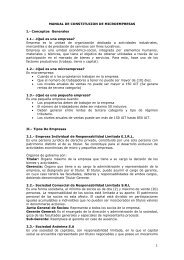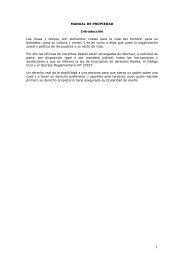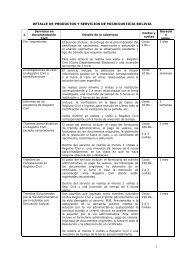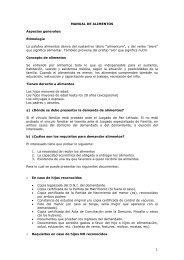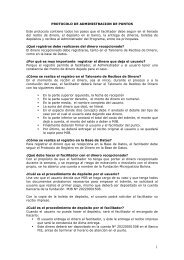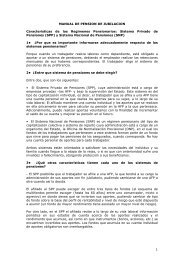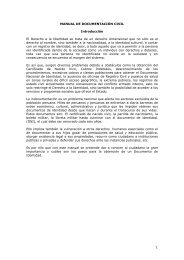ICISS report - International Coalition for the Responsibility to Protect
ICISS report - International Coalition for the Responsibility to Protect
ICISS report - International Coalition for the Responsibility to Protect
You also want an ePaper? Increase the reach of your titles
YUMPU automatically turns print PDFs into web optimized ePapers that Google loves.
The <strong>Responsibility</strong> <strong>to</strong> <strong>Protect</strong> 55<br />
Assembly. But that may still leave circumstances when <strong>the</strong> Security Council fails <strong>to</strong> discharge<br />
what this Commission would regard as its responsibility <strong>to</strong> protect, in a conscience-shocking<br />
situation crying out <strong>for</strong> action. It is a real question in <strong>the</strong>se circumstances where lies <strong>the</strong> most<br />
harm: in <strong>the</strong> damage <strong>to</strong> international order if <strong>the</strong> Security Council is bypassed or in <strong>the</strong><br />
damage <strong>to</strong> that order if human beings are slaughtered while <strong>the</strong> Security Council stands by.<br />
6.38 In <strong>the</strong> view of <strong>the</strong> Commission, <strong>the</strong>re are two important messages <strong>for</strong> <strong>the</strong> Security<br />
Council in all of this.<br />
6.39 The first message is that if <strong>the</strong> Security Council fails <strong>to</strong> discharge its responsibility in<br />
conscience-shocking situations crying out <strong>for</strong> action, <strong>the</strong>n it is unrealistic <strong>to</strong> expect that<br />
concerned states will rule out o<strong>the</strong>r means and <strong>for</strong>ms of action <strong>to</strong> meet <strong>the</strong> gravity and<br />
urgency of <strong>the</strong>se situations. If collective organizations will not authorize collective intervention<br />
against regimes that flout <strong>the</strong> most elementary norms of legitimate governmental<br />
behaviour, <strong>the</strong>n <strong>the</strong> pressures <strong>for</strong> intervention by ad hoc coalitions or individual states will<br />
surely intensify. And <strong>the</strong>re is a risk <strong>the</strong>n that such interventions, without <strong>the</strong> discipline and<br />
constraints of UN authorization, will not be conducted <strong>for</strong> <strong>the</strong> right reasons or with <strong>the</strong><br />
right commitment <strong>to</strong> <strong>the</strong> necessary precautionary principles.<br />
6.40 The second message is that if, following <strong>the</strong> failure of <strong>the</strong> Council <strong>to</strong> act, a military<br />
intervention is undertaken by an ad hoc coalition or individual state which does fully<br />
observe and respect all <strong>the</strong> criteria we have identified, and if that intervention is carried<br />
through successfully – and is seen by world public opinion <strong>to</strong> have been carried through<br />
successfully – <strong>the</strong>n this may have enduringly serious consequences <strong>for</strong> <strong>the</strong> stature and<br />
credibility of <strong>the</strong> UN itself.



